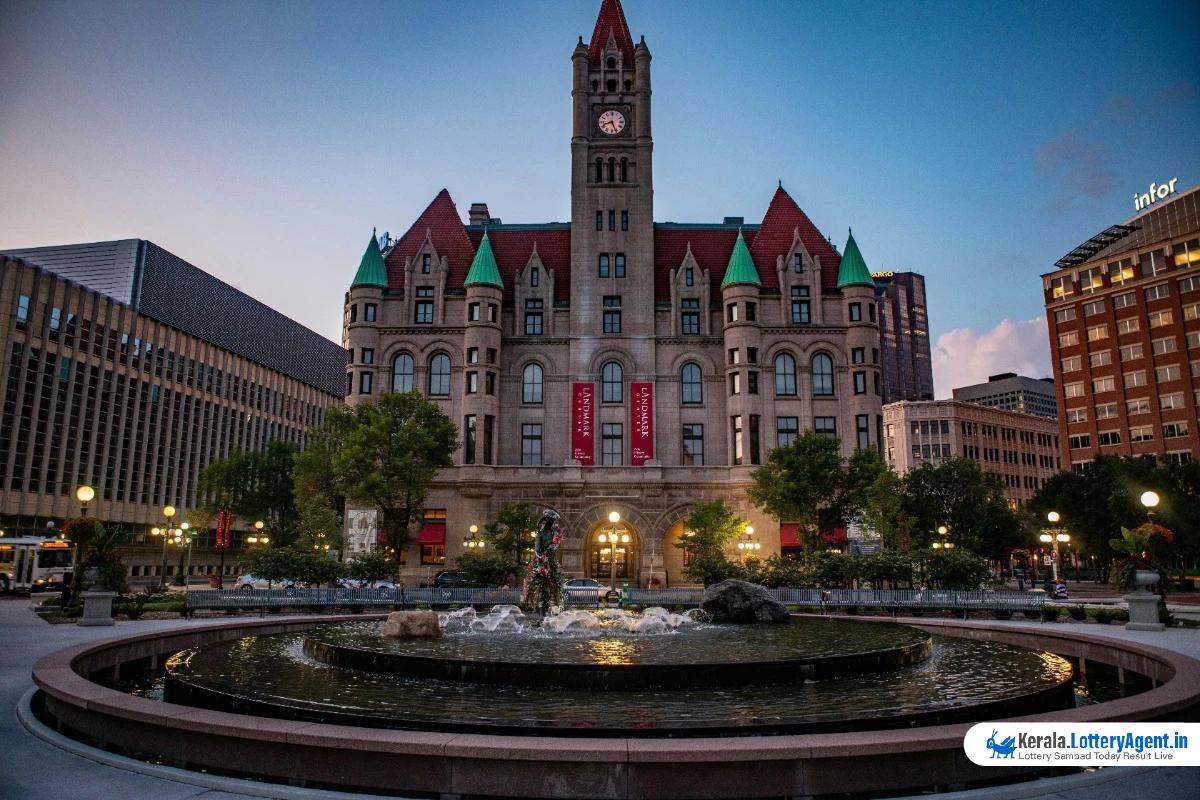
Minnesota’s legislative session has come to a tumultuous end, marked by the arrest of a state senator and deep-seated partisan battles. The House of Representatives voted to reconvene on Monday, May 20, at 10 a.m., but the Senate has adjourned for the remainder of the session. As the final days unfolded, the Democratic-Farmer-Labor (DFL) party and Republicans engaged in heated altercations, name-calling, and filibustering. Both chambers held marathon sessions, some lasting as late as 5 a.m., in a frantic attempt to push through key legislation starting last week.
Over the hectic weekend, lawmakers scrambled to assemble an omnibus bill that could address several crucial issues. However, sports betting did not find a place in this comprehensive legislation, leaving many uncertain about its future. Minority Leader Mark Johnson invited scrutiny during the end-of-session media availability, challenging reporters to examine the bill themselves. Both parties streamed their post-session press conferences live, emphasizing transparency, albeit amidst clear divisiveness.
On Sunday morning, the legislature successfully banned historic horse racing machines at the state’s racetracks. However, hopes for Minnesota becoming the 39th state to legalize sports wagering quickly evaporated. “We’re going to come up just short on the sports betting bill this year,” a lawmaker remarked. Despite this setback, there was a consensus that significant progress had been made toward an agreement acceptable to all major stakeholders, including tribes, tracks, and charities. This, they hoped, would lay a solid foundation for future negotiations.
This year marks the first since the U.S. Supreme Court overturned the Professional and Amateur Sports Protection Act in 2018 wherein no state has legalized sports betting through the legislature. There were high hopes for states like Alabama, Georgia, Minnesota, and Missouri to pass sports betting legislation in 2024, but none succeeded. In Alabama, sports betting was removed from a comprehensive wagering bill, leading to the legislature’s failure to pass even the stripped-down version, which would have established a state lottery and permitted electronic gaming at designated venues.
In Georgia, sports betting legislation passed the Senate but failed to gain traction in the House, where it never reached the debate stage. Meanwhile, in Missouri, attempts to link legal wagering to video lottery terminals—a proposal that has repeatedly failed—once again derailed hopes for legislative approval. Frustrated by the delay, Missouri’s sports teams are likely to push for a public referendum on the issue in November.
In Minnesota, Representative Zack Stephenson championed the sports betting bill in the House, while Senator Matt Klein led efforts in the Senate. Despite their fervent advocacy, long-standing challenges persisted.
. Under Stephenson’s proposal, Minnesota’s 11 tribal nations would retain exclusive rights to retail and digital sports wagering. However, the state’s two racetracks continued to oppose the plan unless they were allotted a greater share of the profits or a more substantial payout than the proposed $625,000 annually.
By federal law, the tribes already have exclusive rights to gambling and operate land-based casinos. This set the stage for intense negotiations and legal battles, one of which saw multiple lawsuits between the tracks and tribes. Adding to the complexity, the Minnesota Racing Commission decided to permit historic horse racing machines at the tracks, prompting Stephenson to introduce a bill banning these machines. These distractions siphoned off crucial time and focus from efforts to legalize sports betting.
In addressing another key issue, Stephenson brokered a deal involving Minnesota’s charitable gaming groups, which generate revenue from pull-tab machines. Under the current structure, the state benefits the most from pull-tab revenue. The charitable groups sought a change in the game’s format to boost their earnings, a move opposed by the tribes as it might make pull-tabs too similar to slot machines. Stephenson’s compromise would have directed $40 million toward charitable gaming. However, with the bill’s failure, these groups won’t receive the funds this year.
In a vote of 36 to 25, the Senate passed S.F. 2219 (Klein), a bill addressing historic horse racing, but this did little to console advocates of sports betting. In a broader context, Missouri and Washington, D.C. remain the only U.S. jurisdictions with a real hope of opening up their markets. Lawmakers in Mississippi attempted to extend their sports betting market to include digital wagering but did not succeed.
In Washington, D.C., FanDuel took over the lottery’s GambetDC platform in April, offering bettors a better wagering option. However, a D.C. Council bill could further liberalize the market, presenting a glimmer of hope amidst the legislative disappointments in other states.
As the session ends in Minnesota, the state’s legislative turmoil, marked by partisan strife and unresolved sports betting legislation, highlights the complex and often contentious nature of governance in today’s political climate.












